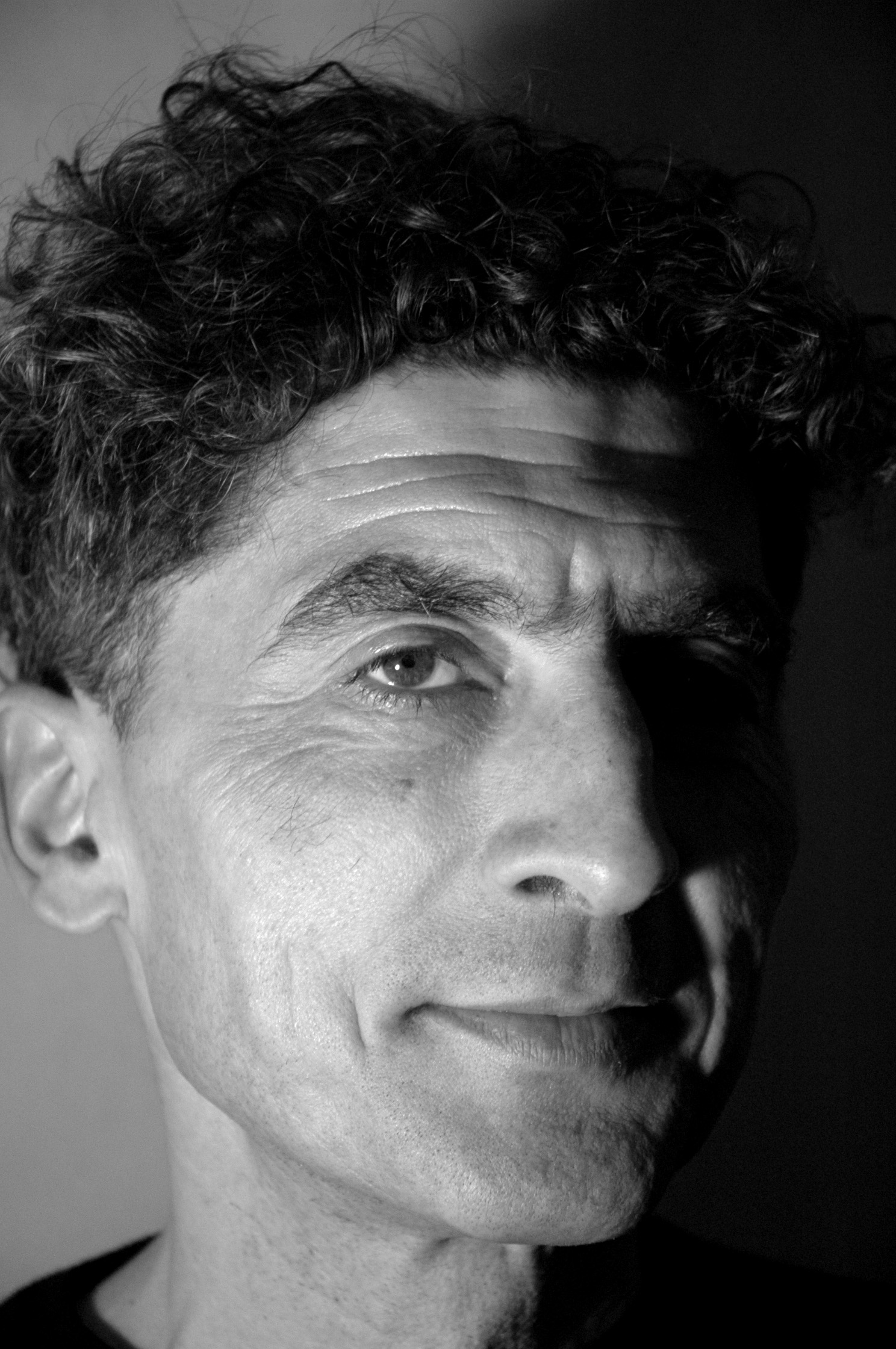
Dino Karabeg
He began his career as a researcher in environmental system modeling at the Ruđer Bošković Institute, Zagreb. Following a doctorate in algorithm theory at the University of California at San Diego, and several university appointments in USA and France, in 1992, he accepted an Associate Professor position at the University of Oslo Informatics Department and moved to Norway. Soon after that, his interest shifted to systemic innovation in knowledge work, as he grew convinced that knowledge work can and needs to be developed on different premises—not as an attempt to objectively depict reality, but as it might help people and society orient themselves in a complex reality. From that point on he has been developing various building blocks a new – purposeful, and self-organizing – approach to knowledge.
http://polyscopy.wordpress.com/
http://www.knowledgefederation.org/Main_Page
What fascinates you about your field of research?
I am enthusiastic about the opportunity to do work that has high potential impact, both socially and academically.
I have been using the image of the bus with candle headlights, presenting our society (or civilization or culture) as a bus, and its handling of information and knowledge as the candle headlights, to highlight those two sides of this opportunity.
This visual metaphor should suggest that we need a ‘designed’ or more purposeful approach to information and knowledge to be able to give direction to our society and our technology, i.e. to steer and choose our destinations; be able to use ‘all the rest’ for a true betterment of our condition.
This image also serves as a visual definition of what might prove to be a ‘contemporary’ approach to truth and knowledge, where our challenge is to design a knowledge work that truly works (rather than to answer what might be the ‘real’ or ‘objective’ truth…)
Where do you see or would like to see the field heading?
More and more as the time progresses, I am experiencing this work as a non-zero-sum collaborative strategy game, where each move opens up possibilities for many new creative and impactful moves by myself and others. I hope that we will eventually give a vibrant and beautiful structure to, or ‘gamify’, our work with contemporary issues; turn challenges into opportunities; struggle into Renaissance; shift paradigms.
Is there an author / thinker, whose work inspires you in your own work?
Of course, there are many. Right now I am thinking of Erich Jantsch and Doug Engelbart, who also happen to represent the two main aspects of the project we are initiating in Vienna: the evolutionary approach to systems, and the ‘augmentation’ approach to knowledge media research and development. Jantsch and Engelbart also inspire me as people, and as visionaries who clearly saw what needed to be done.
What fascinates you about “Impacts for Sustainability: epistemology and research activism”? In your own words: Why should people go there?
Of all those various ‘moves’ that are now possible in the increasingly fascinating ‘game’ I’ve just mentioned, the Impacts for Sustainability: epistemology and research activism is my favorite these days. I have attempted to give a precise explanation why, in a document called Thrivability Strategy I: Vision
There are multiple exciting potential outcomes, and lines of impact. Perhaps the main one is the prospect of developing a state-of-the-art approach to real-world systemic evolution, and hence to sustainability or thrivability, by combining systems science with knowledge media (ICT) research and development. Or to use my visual metaphor—it’s the prospect to make a key step toward actually creating those ‘headlights’.




